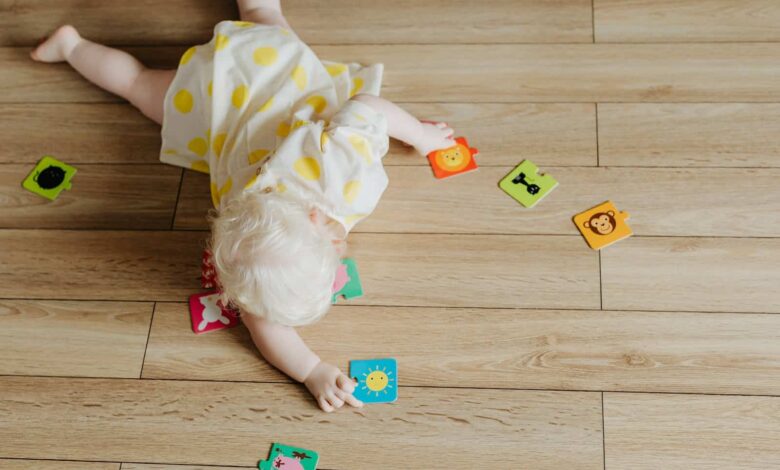The Benefits of Puzzles for Toddlers

Share The Mummy, it’s OK Love!
Hey, awesome parents and curious guardians! Today, let’s talk about something that’s both fun and incredibly useful for your little ones: puzzles! Yes, those colorful pieces strewn across your floor are more than just toys. They are developmental goldmines! So, let’s put together the benefits of puzzles for kids and discover why they should be a staple of your child’s playtime.
1. Cognitive Development
Boosting Brain Power
One of the most important benefits of puzzles for children is their impact on cognitive development. Puzzles challenge little minds to recognize patterns, shapes, and colors. This mental exercise helps improve memory, improve concentration, and even sets the foundation for later math skills.
Problem Solving Skills
Puzzles are like fun little problems waiting to be solved. By playing with puzzles, children learn the art of problem solving, an invaluable skill they will use throughout their lives. It teaches them to think logically and develop strategies for achieving their goals.
2. Improving Fine Motor Skills
Accuracy and Patience
Another important part of the benefits of puzzles for children lies in the development of fine motor skills. Picking up, manipulating, and fitting puzzle pieces together requires precision and coordination. These actions strengthen the small muscles in their hands and fingers, which are important for tasks like writing and tying shoes.
Hand-Eye Coordination
As toddlers grasp and fit puzzle pieces into their proper places, they are also honing their hand-eye coordination. This skill is essential for many everyday activities, from eating with a spoon to playing catch.

3. Social and Emotional Skills
Collaboration and Sharing
When young children work on puzzles with others, they learn the importance of sharing and working together. This aspect of the benefits of puzzles for children is great for developing social skills and understanding the value of teamwork.
Achievement and Self-Esteem
Every time a toddler puts a piece in the right place, they experience a sense of accomplishment. Completing a puzzle, no matter how small, boosts their self-esteem and encourages them to take on new challenges.

4. Language Development
Expanding Vocabulary
As toddlers describe what they see and do while playing puzzles, they also expand their vocabulary. Whether it’s naming colors, shapes, or objects, puzzles provide a great opportunity for language enrichment.
Communication Skills
Puzzles offer a great platform for back-and-forth conversations with caregivers. This interaction helps toddlers practice listening and speaking, which further improves their language skills.

5. Perseverance and Persistence
Learning to Persevere
Puzzles teach children the art of patience and the reward of persistence. They learn that sometimes it takes time and many attempts to achieve a goal, a lesson that is invaluable beyond the playroom.
6. Creative and Imaginative Play
More than a Puzzle
The benefits of puzzles for children also extend to their creative and imaginative play. Once they complete a puzzle, they often engage in imaginative storytelling related to the picture in the puzzle, which stimulates creativity and narrative skills.
Conclusion: Puzzles – A Keystone of Toddler Development
So there you have it! The benefits of puzzles for children are as varied as the puzzles themselves. They offer an enriching experience that affects cognitive development, fine motor skills, social and emotional growth, language development, patience, persistence, and creativity. Most importantly, they are a source of joy and discovery for your little ones.
Remember, the best puzzles for kids are those that match their developmental stage and interests. Always make sure puzzles are age appropriate and safe. Now, let’s get those puzzles out and watch our little ones learn, grow, and have fun! 🧩👶🌟





